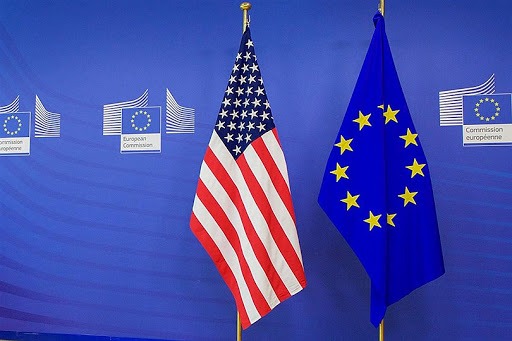From the beginning of Trump’s withdrawal from the nuclear deal, Iran has repeatedly warned the European Union and the European Troika that they cannot take a passive approach to the JCPOA and at the same time claim to be working to preserve it. In the face of Trump’s maximum illegal pressure, Iran has issued its ultimatums to reduce step-by-step its obligations under the JCPOA with the remaining members of the 5+1, based on the rights projected in the JCPOA. However, Europe’s response has been to ignore the international requirements of the agreement, especially lifting of the economic sanctions against Iran.
Iran has paid a heavy price for this passivity and confusion that the Europeans call “diplomacy”. European mediation has also hit the agreement to the extent that it is passive in reviving the JCPOA in terms of means and targets for its mobilization. Europe has forgotten Iran’s interests and has forgotten that the JCPOA and imposition of restrictions on Iran’s nuclear rights under the Non-Proliferation Treaty, in particular the uranium enrichment issue, have caused discontent in the country.
Europe’s pretension of maintaining order through diplomatic efforts has imposed heavy costs on Iran. Those costs have not only affected the lives of the Iranian people and reduced their economic profile, but also had devastating security effects and in terms of the region’s environmental stability, West Asia’s trade stability, and production and distribution of energy and intervention of more trans-regional powers have also been effective among many other cases. What Europe has imposed on Asian history by its inaction towards the United States and even by Washington’s illegitimate approach will take years to heal.
The debate over Europe’s internal disputes over the JCPOA or the transatlantic dispute between Europe and the United States does not diminish the need for Europe to become more active. Mediation means a proper understanding of the preconditions of both sides, and at least in the case of Iran, it has been made quite clear that lifting sanctions and not addressing areas other than the nuclear area is Iran’s main desire. Ignoring those cases, which are considered contrary to the Law on the Protection of the Interests of the Iranian Nation passed by the Majlis of the Islamic Republic of Iran, is an evidence of the fact that Europe does not have a proper understanding of mediation. Europe should be reminded that at present the United States is no longer a signatory to the nuclear deal, and the two issues are presented in two different contexts. A discussion about the JCPOA and the revival of an agreement in the non-proliferation system, and a discussion about the enmity of the United States or some other American allies with Iran, the confusion of which will leave irreparable destructive effects.
Given the differences over the JCPOA within Europe and the ostensible proximity of Europe and the United States in Biden’s time, Europe cannot equate the issue of Iran’s nuclear program with the West’s proximity and integration. European mediation should mean the genuine conceptual and practical separation of the nuclear framework discussions with the discussions on Iran-US relations. Under Trump, Europe pretended to put pressure on the United States to return to the JCPOA, but it had virtually no leverage against Trump. At the same time, transatlantic relations have been severely damaged and it goes without saying that in the absence of a unified Western discourse, waiting for prosperity and efficiency is futile. In the Biden presidency, slogans of convergence and the revival of transatlantic relations are widely chanted and, as a rule, Europe and the United States must reach a greater understanding in order to achieve a comprehensive plan of joint action. However, in the past few months, the world has witnessed return of the Biden’s US and Europe, following the footsteps of the United States, to Trump’s approach of maximum pressure, fruitless talks, and even threats against Iran for JCPOA, and Europe will soon face the consequences of its approach










0 Comments